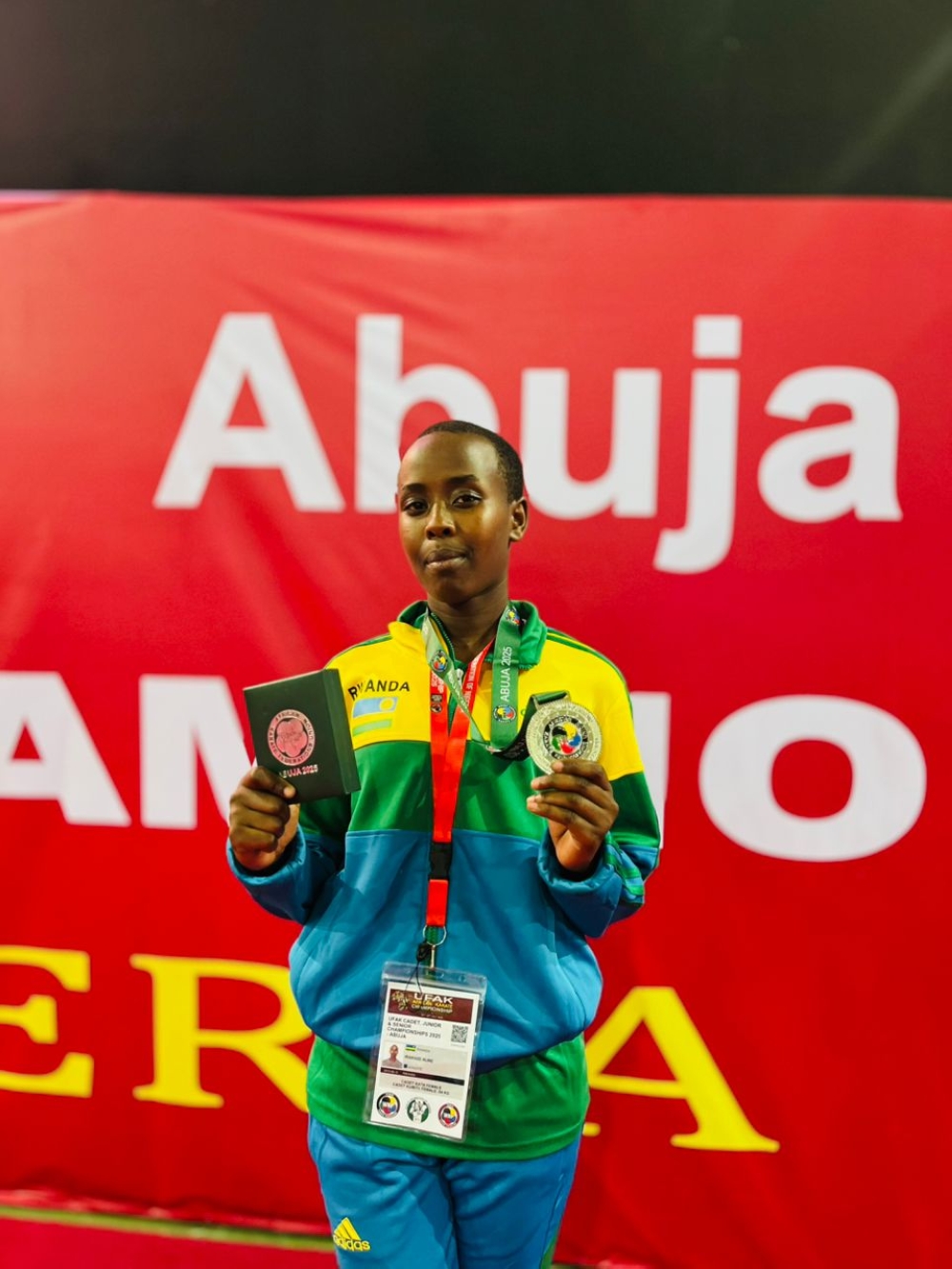I had thought of writing about the EAC Media summit that took place here in Kigali on Thursday and Friday but just before I could click on the send button on my Gmail, Rudisha happened. Yes it was not just a win it was an event.


I had thought of writing about the EAC Media summit that took place here in Kigali on Thursday and Friday but just before I could click on the send button on my Gmail, Rudisha happened. Yes it was not just a win it was an event. If you do not know who Rudisha is, then I suggest you read this later after scrolling his Wikipedia entry. And while at it, have some shame for being ignorant about our modern day heroes. However, do not let the shame last now that you know who this great man is. Last week I pointed out that with the disappointing show for other East African countries in the London Olympics, it was safer for us to rally behind Team Kenya just like we did for Ghana during the World Cup or as some do for the European football clubs. However, Team Kenya did not seem to rise to the occasion save for Ezekiel Kemboi’s gold and exuberant dance that followed his 3000 metres steeplechase victory. With Kenya faltering many of us were left gaping at the heroics of Usain Bolt in the 100 metres race. But just before Usain Bolt could get his name in the history books with the 200 metre gold, a Kenyan by the name David Lekuta Rudisha not only won the 800 metres race but also set a new world record of 1:40:91. He now holds six of the ten fastest times for this event. His win saw him trending on Twitter and even had Kenyans united in congratulating him. One user of Twitter even joked about the secession talks by some people from the Kenyan coast in this tweet, "Pwani si Kenya – till he won the Gold and they celebrated with us!” One UK newspaper referred to him as the Bolt of middle-distance running. The closest that East Africans can come to understanding what Rudisha means to Kenyans is by looking at the famous victory by John Akii-Bua at the 1972 Munich Olympics. Akii-Bua was a Ugandan hurdler and remains the only Olympic gold medallist that the country has produced.Like Rudisha, Akii-Bua won the race and also set a new world record. It is a pity that he did not get to defend his title in 1976 as African countries had chosen to boycott the games. Back to his win, then leader Idi Amin gave him a house as a reward for his exploits. As a young man, we often heard so many glossy stories about John Akii-Bua’s prowess and what happened there after. There was this story that he had been given a car by the Germans, whose brake lights flashed his name each time he stepped on the brake pedal! I have heard about Burundi’s gold medallist Venuste Niyongabo who made history at the 1996 Atlanta Olympic Games when he won Burundi’s first and only medal at the Olympic Games by going for the gold in the 5000 metres. I cannot tell how much of a hero Niyongabo is back in Burundi but his contribution must be appreciated still. Although East Africa has not excelled much in Olympic Games, such sporting heroes light up our lives beyond the race track and inspire generations. Kenyans did not just become world greats from the blue. The ones who showed the rest that it was possible to win like Kipchoge Keino inspired so many others. Such great sportsmen bring free positive media attention to a country that may have spent years trying to invest in cleaning its image. The feat by Rudisha goes a long way in cleaning the country of that post election violence tag. Those who dislike Idi Amin are often humbled by the sports achievements that Uganda attained when he was Uganda’s number one citizen. I am sure many people had not heard of Burundi before Niyongabo crossed the finishing line and stepped on that medal podium. Rwanda has invested a lot in marketing its tourism potential to counter the typical narrative of the country where genocide happened. The investments have actually paid off but just imagine if our own athlete won a gold medal at the Olympics. That moment when the national anthem is played out to the world is one to behold. What all this shows is that investing more in sports often results in national cohesion, great advertising for a country and remarkable inspiration to generations. Look at how a poor country like Jamaica is milking such moments. www.ssenyonga.wordpress.comTwitter: @ssojo81




